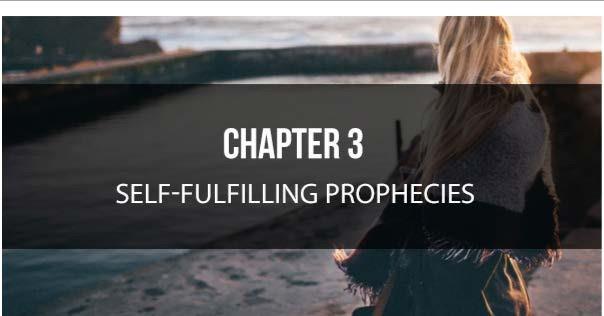
1 minute read
Hypothesis Testing
from Grow Your Happiness
by Mayur Gupta
Hypothesis Testing
Patients are also told to practice ‘hypothesis testing’, where they are encouraged to test their false hypotheses hopefully realising that they are unfounded. For example, if a patient is scared to speak in public because they are concerned they’ll stutter and fail, then they are encouraged to actually try speaking in public to find out if this is in fact the case. More often than not they’ll find it isn’t. This also works to prevent over generalisation and again as a way to counter any negative associations they’ve developed. So, if you’re suffering from low self-esteem then you might want to try applying these principles to your life. Make sure you continue to go out and to challenge yourself, even if you genuinely are less than skilled at what it is you want to achieve this is the only way you are going to improve.
Advertisement
Becoming reclusive will only give you more time to ruminate and send you into a downward spiral. Similarly, surround yourself with positive friends and colleagues and try to focus on the good aspects of what you do. Support yourself with positive self-talk and try to catch yourself having negative thoughts and stamp them out. If this still doesn’t work, then it’s perhaps time to seek help from a professional who can talk you through the process.
Chapter 3: Self-Fulfilling Prophecies
A self-fulfilling prophecy describes a phenomenon by which what you believe to be true can actually become a reality by the fact that you actually believe it or that other people believe it. If this sounds complicated then imagine an example. Say you’re a boy at school who has an older brother who recently had the same teachers and proved very successful. By this fact alone, the other teachers and pupils will assume that this new boy will achieve great grades too. This confidence and expectation will in turn rub off on him and he’ll start to see himself as someone who has great academic ability. (This is also a perfect example of how influences outside of our control can shape who we are – and why it is so important that we take matters back into our own hands!)










